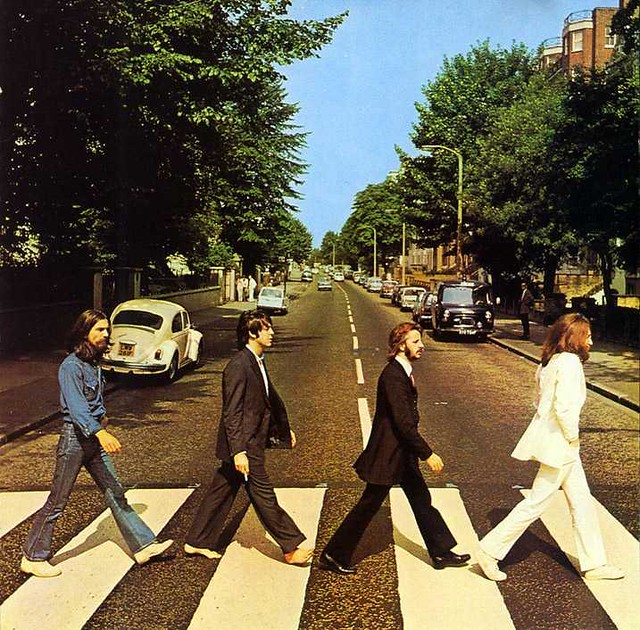The Debate Over Doors and Wheels
April 4, 2022
Recently, a humorous, yet philosophical question has struck adolescents worldwide: Are there more wheels or doors in the world? On the surface, this question may seem trivial, and unworthy to be answered. But drop this question among friends, and they won’t be able to resist starting a major argument. My friends and I had a debate on this contentious topic; I will do everything I can to summarize it here with complete objectivity.
First of all, we chose to define the terms “door” and “wheel.” After a near consensus was reached among my friend group (or maybe I was merely talking loud enough to drown out the complaints of others), “door” was defined to be “a barrier that temporarily restricts access to an area,” while a wheel was defined to be “a circular apparatus that works for the displacement of both itself and the intended entity.” Armed with these definitions, we proceeded onwards towards a “fairer” argument.
With definitions in place, we thought about examples of doors and wheels. How many of each type are there in the world? Door disciples, including myself, claimed that both a standard kitchen cupboard and a window with the capacity to open are worthy of being called “doors.” We argued that, because of the high numbers of apartments, houses, and towers worldwide, doors dominated over wheels. On the other hand, wheel worshippers expounded upon transportation. They argued that cars, bicycles, busses, airplanes, many trains, and the occasional unicycle all contributed a high number of wheels worldwide.
The wheel worshippers presented another worrisome point. While wheels on vehicles may not outnumber the global number of doors, few ever choose to count decommissioned wheels. An uncountable quantity of burnt, ripped wheels lie unused in dumpsters and automobile repair shops. Additionally, the fragility of wheels prompts the constant manufacture of new wheels, beginning an endless cycle of breakage and repair. By considering both broken wheels and the high production of new wheels into the argument, I began to worry that wheels far outnumbered doors.
So what’s the answer? Are there more doors, or are there more wheels in the world?
The problem with this question is that it has no real substance. Debaters can pose an infinite number of definitions and proposals, but the facile issue at hand makes it impossible to determine a true winner. On vague arguments such as this, the debater conquers using emotion and bias, rather than logic or wits—counter to what a meaningful debate is supposed to be. Any sort of discourse debating Doors versus Wheels is disappointing. It reveals how righteous and objectively correct the masses need to feel through meaningless argument, including yours truly.
In the future, I hope that people will be able to differentiate between debates with real substance, apart from fruitless battles. But I, for one, will not abandon the Doors versus Wheel conflict. After all, aren’t pointless arguments like this simply so much fun?




















